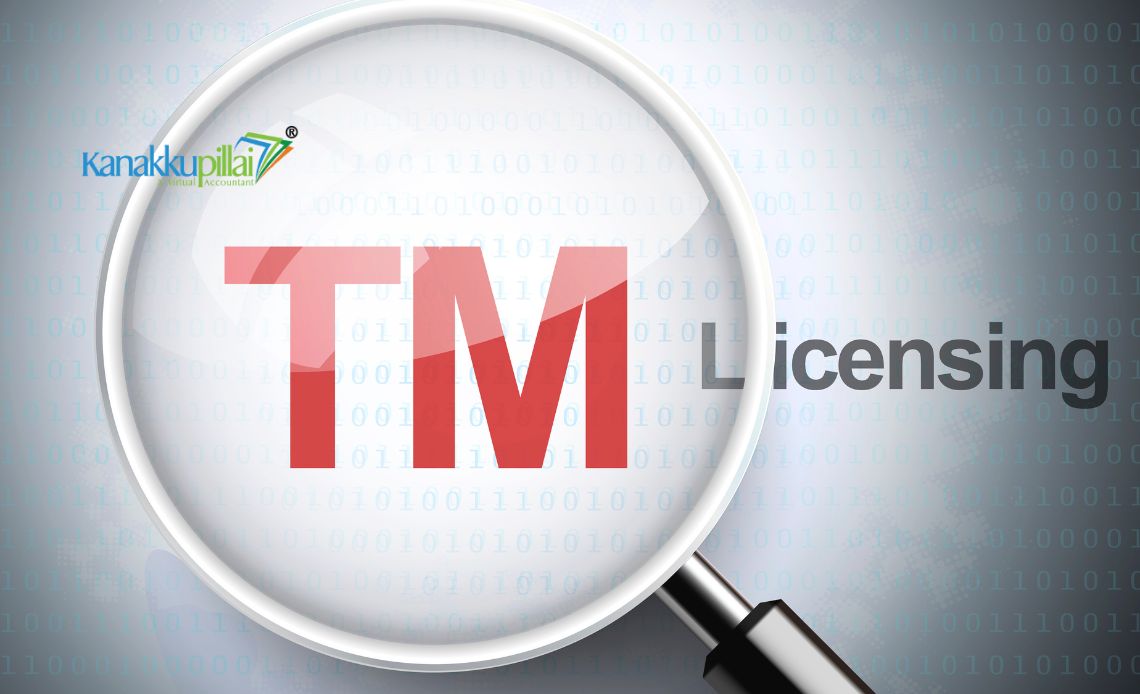Developing a brand name needs time, money, and effort for a business. Crucially, you should be sure you have the right to utilize the image, motto, product form, and package of your brand. One sort of intellectual property that separates your goods or services from others is a brand. We will go on the importance of trademark filing and trademark search methods in this blog.
Importance of Trademark Registration
Any company wishing to protect its brand identification must register trademarks. Trademarks provide a brand its own character by protecting logos, taglines, product forms, and more. Protecting brands as intellectual property, the Trademark Act of 1999 provides legal action, fines, and injunctions should abuse occur. Registering a trademark ensures exclusive rights and helps to avoid renaming needs.
Conducting a Trademark Search
Before filing a brand, it is important to conduct a trademark search. This search helps you identify if an exact or related brand has been filed. Utilize the Trademark Search Online tool to do a thorough search. Complete a brand search to avoid disagreements and possible violation cases. Submit the trademark if no similar rights have been found.
Why Conduct a Trademark Search?
Conducting a trademark search is important for several reasons:
- Avoid violation: A trademark search helps you identify if an exact or related brand has been registered, avoiding possible violation cases.
- Ensure Uniqueness: A trademark search ensures that your brand name stays unique and different from others.
- Save Time and Money: Conducting a trademark search before filing saves time and money by avoiding possible renaming or legal battles.
- Compliance: Conducting a brand search ensures compliance with copyright laws and rules.
How to Conduct a Trademark Search?
Conducting a copyright search is a simple process:
- Use Online Tools: Utilize online tools such as the Trademark Search Online or the United States Patent and Trademark Office (USPTO) website.
- Search by Keyword: Search for terms related to your brand, including the brand name, image, and motto.
- Search by Class: Search by class, which covers areas such as clothes, food, and technology.
- Search by place: Search by place, which includes countries and regions.
Registering Your Trademark
Registering a brand is a simple process. Submit your patent application to the proper body, such as the USPTO. Ensure your entry includes all necessary information, including the brand name, image, and planned use. Once accepted, you will receive a trademark registration certificate, which gives you exclusive rights to use the mark.
Benefits of Trademark Registration
Registering a name offers numerous benefits:
- Trademark registration offers legal protection against illegal use and abuse.
- Brand Recognition: Trademark registration helps customers to trust you more broadly.
- Trademark registration offers possible licensing possibilities, therefore helping you to earn from your brand.
- Improved Company Worth: Trademark registration increases the worth of the business, therefore appealing to possible customers and investors.
Conclusion
Basically, before filing, a trademark search is very important. Registering a trademark ensures exclusive rights and helps to avoid renaming mandatory. Legal security, brand recognition, and even licensing possibilities arise from trademark registration. filing your trademark helps you as a business protect your brand identity. These rules will help you to make sure your brand stays original and free from copy-offering.





